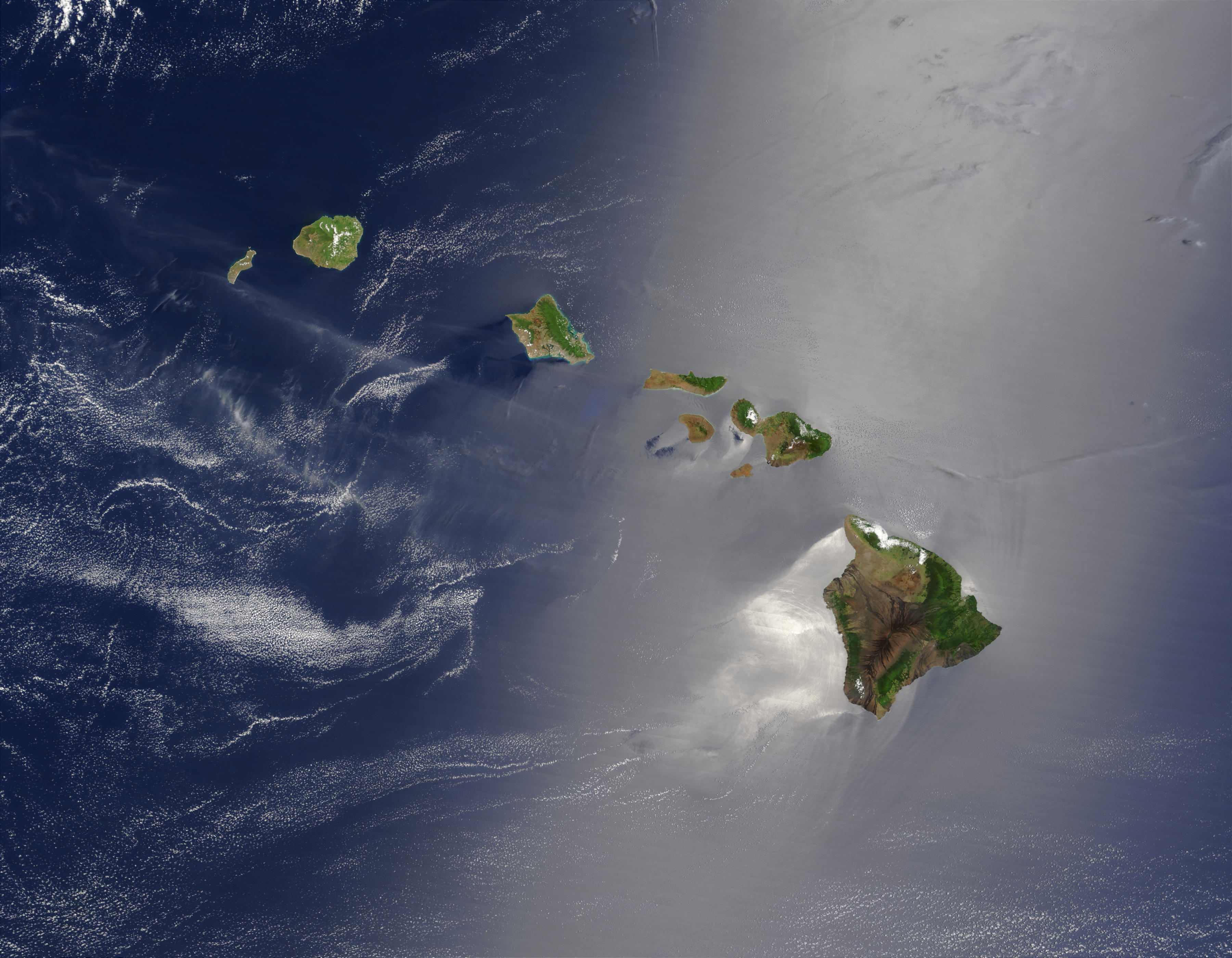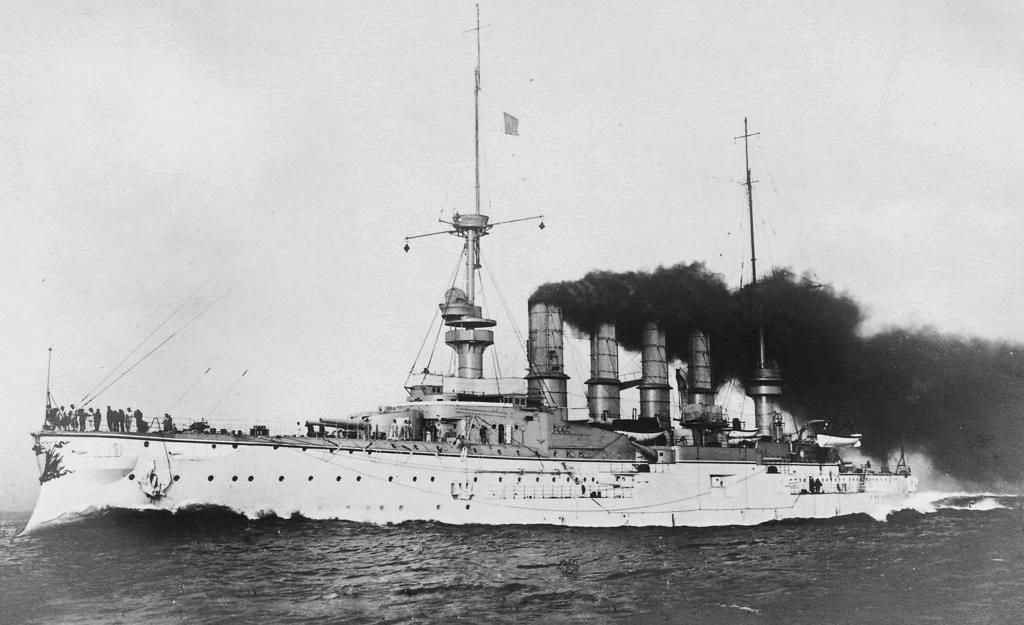|
Canopus Hill
Canopus Hill is located on the island of East Falkland near Stanley, the capital city of the Falkland Islands. It is named after , which fired the first shots in the Battle of the Falkland Islands during World War I World War I or the First World War (28 July 1914 – 11 November 1918), also known as the Great War, was a World war, global conflict between two coalitions: the Allies of World War I, Allies (or Entente) and the Central Powers. Fighting to ....Burt, R. A. ''British Battleships 1889-1904'', Annapolis, Maryland: Naval Institute Press, 1988, , p. 154. References {{Falkland Islands topics East Falkland Stanley, Falkland Islands ... [...More Info...] [...Related Items...] OR: [Wikipedia] [Google] [Baidu] |
Falkland Islands
The Falkland Islands (; ), commonly referred to as The Falklands, is an archipelago in the South Atlantic Ocean on the Patagonian Shelf. The principal islands are about east of South America's southern Patagonian coast and from Cape Dubouzet at the northern tip of the Antarctic Peninsula, at a latitude of about 52°S. The archipelago, with an area of , comprises East Falkland, West Falkland, and 776 smaller islands. As a British Overseas Territory, the Falklands have internal self-governance, while the United Kingdom takes responsibility for their defence and foreign affairs. The capital and largest settlement is Stanley, Falkland Islands, Stanley on East Falkland. The islands are believed to have been uninhabited prior to European discovery in the 17th century. Controversy exists over the Falklands' discovery and subsequent colonisation by Europeans. At various times, the islands have had French, British, Spanish, and Argentine settlements. Britain Reassertion of Britis ... [...More Info...] [...Related Items...] OR: [Wikipedia] [Google] [Baidu] |
Island
An island or isle is a piece of land, distinct from a continent, completely surrounded by water. There are continental islands, which were formed by being split from a continent by plate tectonics, and oceanic islands, which have never been part of a continent. Oceanic islands can be formed from volcano, volcanic activity, grow into atolls from coral reefs, and form from sediment along shorelines, creating barrier islands. River islands can also form from sediment and debris in rivers. Artificial islands are those made by humans, including small rocky outcroppings built out of lagoons and large-scale land reclamation projects used for development. Islands are host to diverse plant and animal life. Oceanic islands have the sea as a natural barrier to the introduction of new species, causing the species that do reach the island to evolve in isolation. Continental islands share animal and plant life with the continent they split from. Depending on how long ago the continental is ... [...More Info...] [...Related Items...] OR: [Wikipedia] [Google] [Baidu] |
East Falkland
East Falkland () is the largest island of the Falkland Islands, Falklands in the South Atlantic, having an area of or 54% of the total area of the Falklands. The island consists of two main land masses, of which the more southerly is known as Lafonia; it is joined by a narrow isthmus where the settlement of Goose Green is located, and it was the scene of the Battle of Goose Green during the Falklands War. The two main centres of population in the Falklands, Stanley, Falkland Islands, Stanley and Mount Pleasant, Falkland Islands, Mount Pleasant, which are both in the northern half of East Falkland, are home to three-quarters of the island's population. Geography East Falkland, which has an area of , a little over half the total area of the islands consists of two land masses of approximately equal size. The island is almost bisected by two deep fjords, Choiseul Sound and Brenton Loch-Grantham Sound, which are separated by the wide isthmus that connects Lafonia in the south to ... [...More Info...] [...Related Items...] OR: [Wikipedia] [Google] [Baidu] |
Stanley, Falkland Islands
Stanley (also known as Port Stanley) is the capital city of the Falkland Islands. It is located on the island of East Falkland, on a north-facing slope in one of the wettest parts of the islands. At the 2016 census, the city had a population of 2,460. The entire population of the Falkland Islands was 3,398 on Census Day – 9 October 2016. Stanley is represented by five of the eight elected members of the Legislative Assembly of the Falkland Islands: Stacy Bragger, Barry Elsby, Mark Pollard, Roger Spink, and Leona Vidal Roberts. An elected Town Council of Stanley existed from 1948 to 1973. On 14 June 2022, Stanley received Letters patent (United Kingdom), letters patent, formally awarding it city status. Facilities and infrastructure Stanley is the main shopping centre on the islands and the hub of East Falkland's road network. Attractions include the Falkland Islands Museum, Government House (Falkland Islands), Government House—built in 1845 and home to the Governor ... [...More Info...] [...Related Items...] OR: [Wikipedia] [Google] [Baidu] |
Capital City
A capital city, or just capital, is the municipality holding primary status in a country, state (polity), state, province, department (administrative division), department, or other administrative division, subnational division, usually as its Seat of government, seat of the government. A capital is typically a city that physically encompasses the government's offices and meeting places; the status as capital is often designated by its law or constitution. In some jurisdictions, including several countries, different branches of government are in different settlements, sometimes meaning multiple official capitals. In some cases, a distinction is made between the official (constitutional) capital and the seat of government, which is in list of countries with multiple capitals, another place. English language, English-language media often use the name of the capital metonymy, metonymically to refer to the government sitting there. Thus, "London-Washington relations" is widely unde ... [...More Info...] [...Related Items...] OR: [Wikipedia] [Google] [Baidu] |
Battle Of The Falkland Islands
The Battle of the Falkland Islands was a First World War naval action between the British Royal Navy and Imperial German Navy on 8 December 1914 in the South Atlantic. The British, after their defeat at the Battle of Coronel on 1 November, sent a large force to track down and destroy the German cruiser squadron. The battle is commemorated every year on 8 December in the Falkland Islands as a public holiday. Admiral Graf Maximilian von Spee commanding the German squadron of two armoured cruisers, and , the light cruisers , and , and the colliers SS ''Baden'', SS ''Santa Isabel'', and SS ''Seydlitz''Battle of the Falkland Islands -names the three German auxiliary ships and states that ''Bristol'' and ''Macedonia'' sank the colliers ''Baden'' and ''Santa Isabel'', while 'the other collier', ''Seydlitz'', escaped.- ''www.wo ... [...More Info...] [...Related Items...] OR: [Wikipedia] [Google] [Baidu] |
World War I
World War I or the First World War (28 July 1914 – 11 November 1918), also known as the Great War, was a World war, global conflict between two coalitions: the Allies of World War I, Allies (or Entente) and the Central Powers. Fighting took place mainly in European theatre of World War I, Europe and the Middle Eastern theatre of World War I, Middle East, as well as in parts of African theatre of World War I, Africa and the Asian and Pacific theatre of World War I, Asia-Pacific, and in Europe was characterised by trench warfare; the widespread use of Artillery of World War I, artillery, machine guns, and Chemical weapons in World War I, chemical weapons (gas); and the introductions of Tanks in World War I, tanks and Aviation in World War I, aircraft. World War I was one of the List of wars by death toll, deadliest conflicts in history, resulting in an estimated World War I casualties, 10 million military dead and more than 20 million wounded, plus some 10 million civilian de ... [...More Info...] [...Related Items...] OR: [Wikipedia] [Google] [Baidu] |



